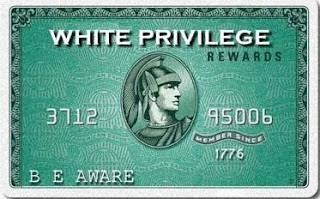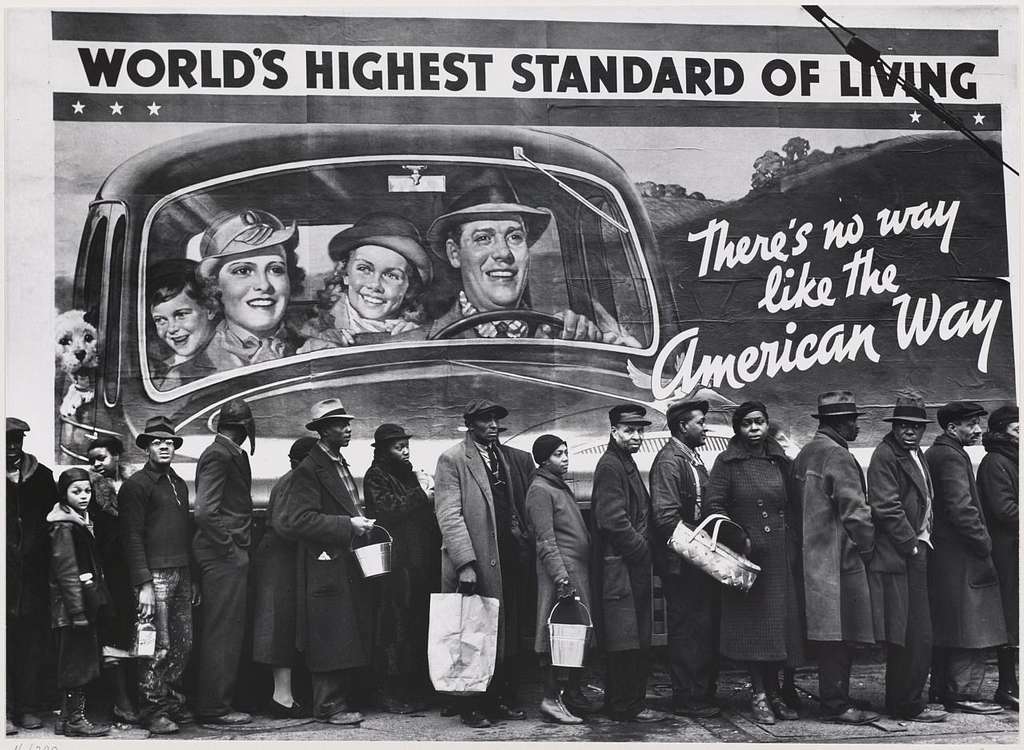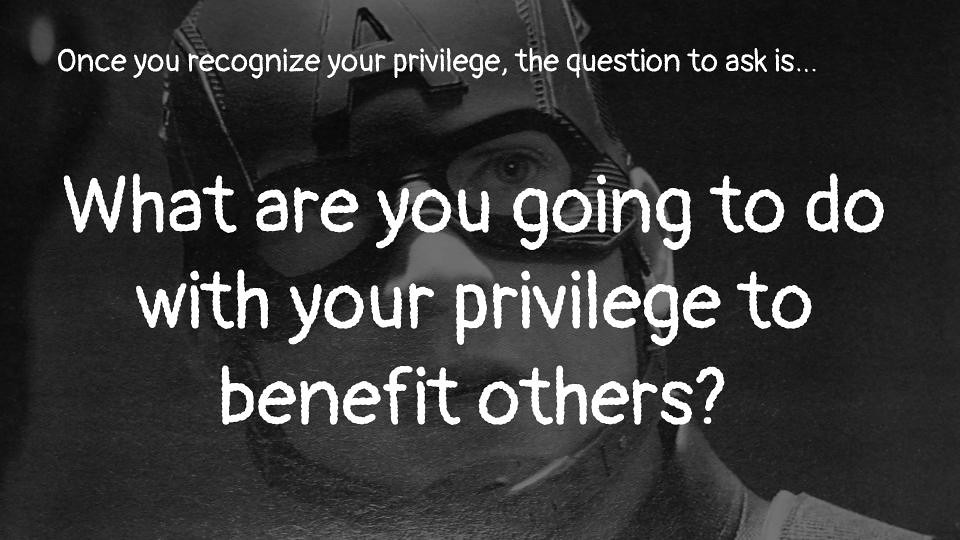
White privilege refers to the unearned advantages and benefits that white people receive in societies structured by racial hierarchies. These advantages can manifest in various forms, including social, economic, educational, and political realms. Unlike overt acts of racism, white privilege often operates subtly and unconsciously, making it all the more insidious and challenging to address.
New York, N.Y. As we navigate the complexities of modern society, one concept that demands our attention and understanding is white privilege. From our perspective as thought leaders and global citizens, it is imperative to critically examine the implications of white privilege, recognize its pervasive impact, and work towards dismantling the systemic inequalities that it perpetuates.

Understanding white privilege requires us to acknowledge the historical and structural foundations that have created and sustained racial disparities. The legacy of colonialism, slavery, segregation, and discriminatory policies has entrenched racial inequalities in many aspects of life. These historical injustices have not only disadvantaged people of color but also conferred systemic advantages to white individuals, often without their explicit awareness.
One of the most significant aspects of white privilege is the relative ease with which white individuals can navigate societal institutions. For example, in the realm of education, white students are more likely to attend well-funded schools, have access to advanced placement courses, and receive favorable treatment from educators. This educational privilege often translates into greater opportunities for higher education and career advancement, perpetuating a cycle of advantage.
In the workplace, white privilege manifests in hiring practices, promotions, and workplace culture.
White individuals are more likely to be hired for jobs, promoted to leadership positions, and receive higher salaries compared to their equally qualified peers of color. This professional privilege not only reinforces economic disparities but also perpetuates the underrepresentation of people of color in decision-making roles, limiting diverse perspectives in critical areas of influence.

White privilege also extends to everyday interactions and societal norms.
White individuals can generally expect to be treated with respect and presumption of innocence in various situations, from interactions with law enforcement to customer service encounters. They are less likely to experience racial profiling, discrimination, or microaggressions that people of color face regularly. This social privilege creates a sense of security and belonging that is often taken for granted.
Recognizing white privilege is not about assigning blame or guilt but about fostering awareness and responsibility. It requires us to reflect on our own experiences and understand how systemic advantages have shaped our lives. By acknowledging these privileges, we can become more empathetic and proactive in addressing the inequities that affect marginalized communities.
One way to address white privilege is through education and dialogue.
We must engage in honest conversations about race, privilege, and systemic inequality. This involves listening to the experiences of people of color, amplifying their voices, and challenging our own biases. Education systems must incorporate comprehensive curricula that highlight the historical and contemporary realities of racial injustice, promoting critical thinking and empathy among students.
Another crucial step is advocating for policies and practices that promote equity and inclusion. This includes supporting affirmative action, diversifying hiring practices, and implementing anti-discrimination policies in workplaces, schools, and other institutions. By creating more inclusive environments, we can help level the playing field and ensure that opportunities are accessible to everyone, regardless of their racial background.
As individuals, we can also leverage our privilege to advocate for change.
This means using our platforms and influence to speak out against racial injustice, supporting organizations that work towards racial equity, and actively participating in movements that challenge systemic oppression. By taking a stand against racism and promoting inclusivity, we can contribute to building a more just and equitable society.

Reflecting on white privilege, we are reminded of the importance of humility and continuous learning. It is not enough to be passively non-racist; we must be actively anti-racist, committed to understanding and addressing the root causes of racial inequality. This journey requires us to confront uncomfortable truths, challenge our own assumptions, and remain steadfast in our pursuit of justice.
As we move forward, let us recognize that dismantling white privilege is not just the responsibility of those who are directly affected by racial injustice. It is a collective endeavor that requires the commitment and solidarity of all individuals who believe in the principles of equality and human dignity. By working together, we can create a world where privilege is not determined, in the words of Dr. King, by the color of one’s skin but by the content of one’s character.
Dismantling White Privilege: Steps Towards Racial Equity (July 17, 2024)
#WhitePrivilege #SystemicInequality #RacialJustice #Equity #Inclusion #AntiRacism #SocialJustice #Diversity #HumanRights #Equality
TAGS: White privilege, systemic inequality, racial justice, equity, inclusion, anti-racism, social justice, diversity, human rights, equality, historical injustice, education, dialogue
ABOUT Addiction Advice Africa Africa – South Africa – West Americas & Caribbean Analysis Animals & Animal Rights Anthropology Architecture Asia – East Asia-Pacific Asia – South Asia – Southeast Authoritarianism Available Content Calendar Canada Celebrity Children Childrens' Literature China (PRC) Cities & Urban Development Corporations Cuisine & Culinary Arts CULTURE Dance Disaster & Development Economics Education Europe Events Extremism Eyewitness Faith, Religion & Theology Family & Relationships Fashion Film & TV Global Warming Goodness Gun Control Health & Hygiene Heros of Democracy History Human Rights Humor Immigration & Migration In Depth International Relations Jim Luce Writes Law & Judicial System Leadership Liberation Movements Media Mental Health Mideast Monthly Feature Museums & Galleries Music Nature News Obituary Older Adults Open Orphans International Outer Space Pacific Islands Peace & Conflict Resolution Philanthropy Philosophy Philosophy Photography Poetry & Fiction Politics Pop Culture Poverty Press Pulse Profiles Racisim & Black Lives Matter Review Royalty Science & Technology Service Organizations Sexuality & Gender Social Media Sports & Olympics The Arts Theater & Comedy Travel U.N. U.S. Video Viewpoint War, Conflict & Terrorism Women WORLD World War II World War III Youth